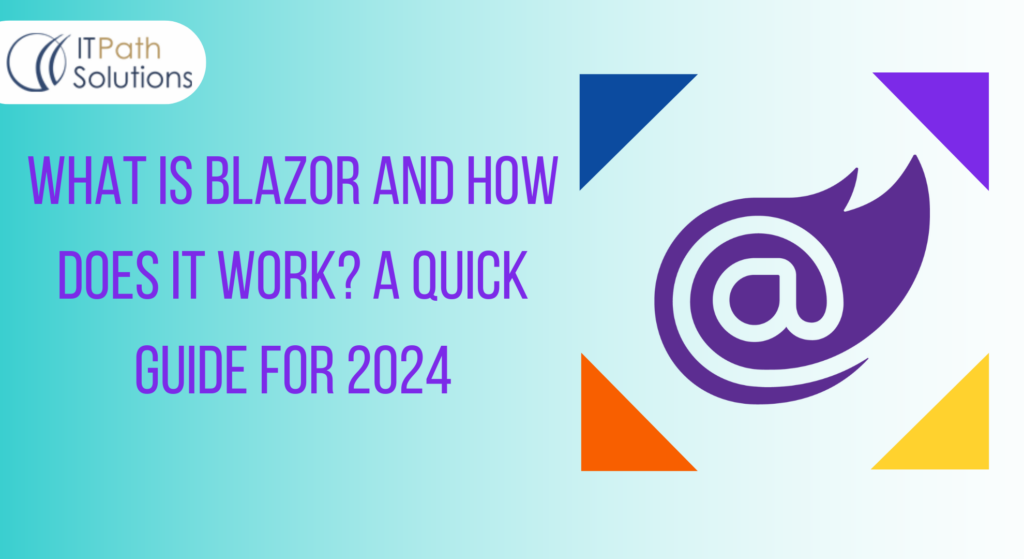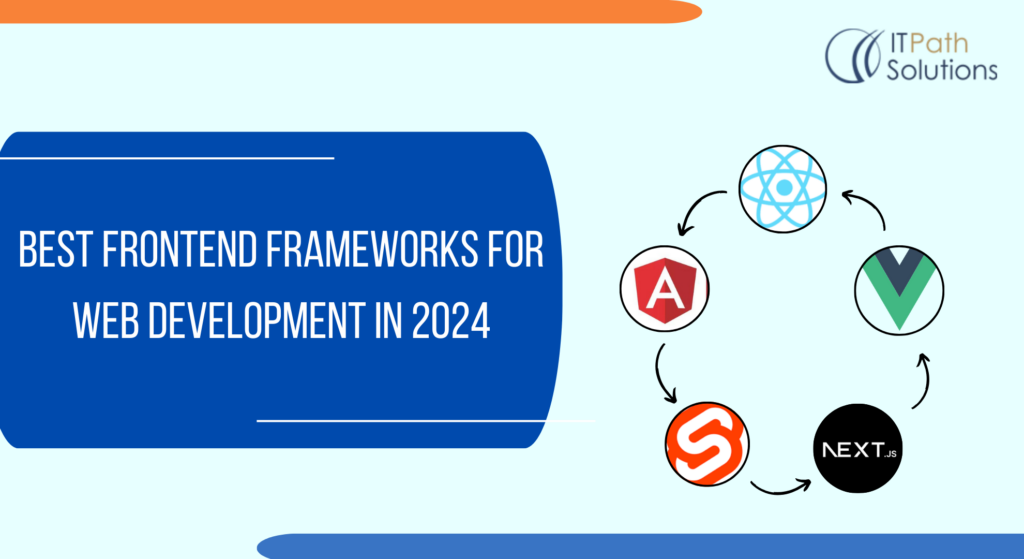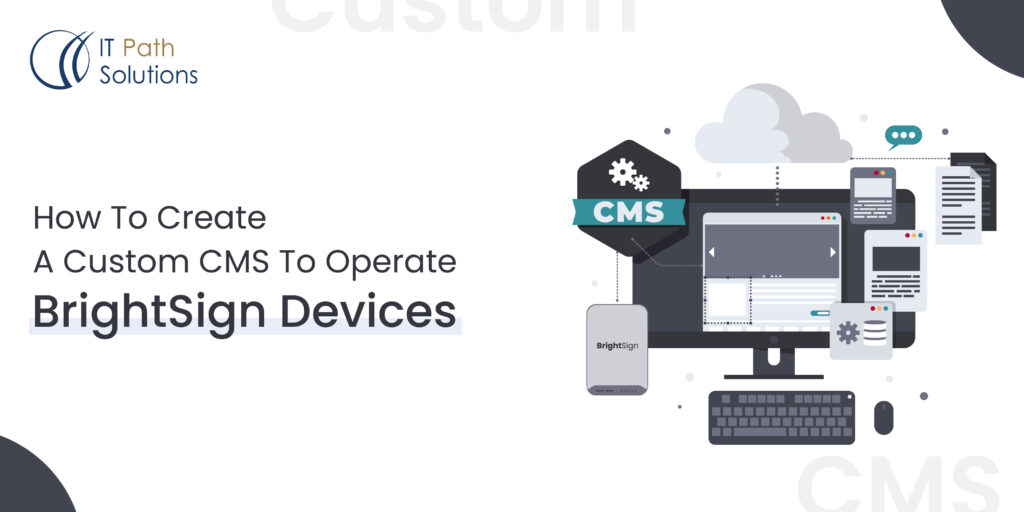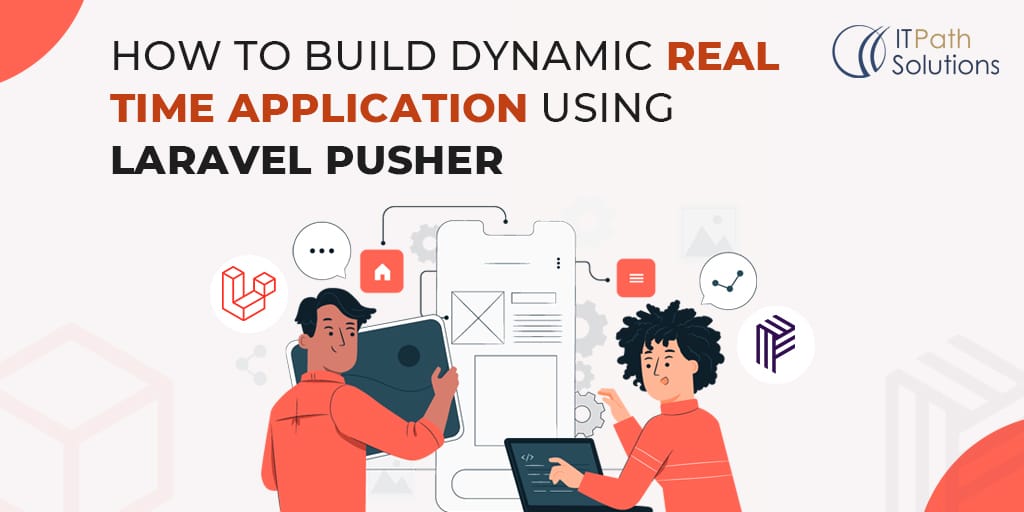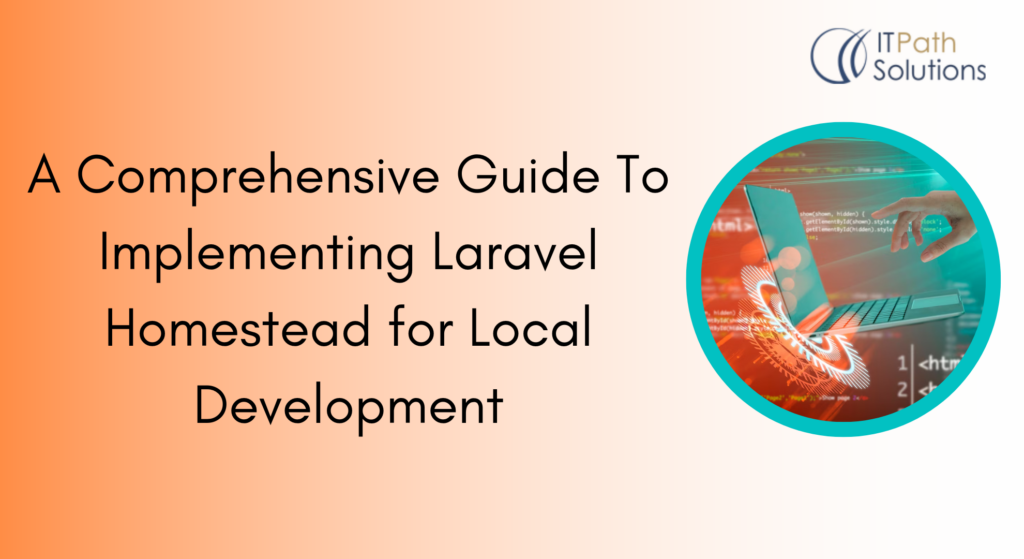The Top 3 backend Frameworks and Which to Choose
Web Development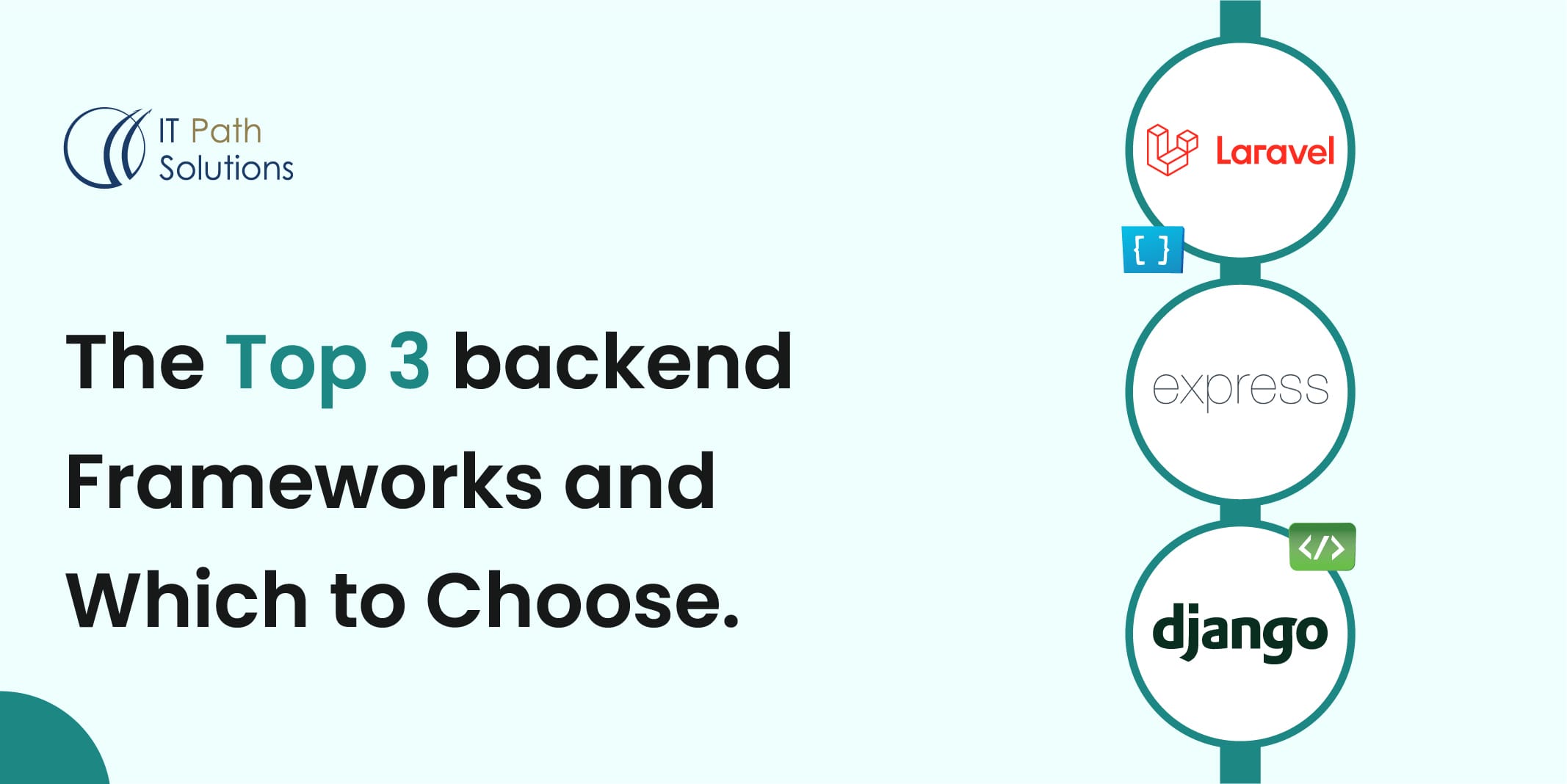
Backend frameworks enable the websites or apps with a server-side framework that primarily handle user requests. If the front end is what the user sees, the backend is what actually accomplishes the user requests.
With the advent of feature-rich and interactive websites and apps, frameworks have become a must. Strong frameworks help with the varied demands put forward by users with a function-rich front end.
With the help of frameworks, developers don’t have to create a backend from scratch. They can simply use libraries and components of a framework to pick and choose and create a back-end framework that can handle user requests and can be scaled as and when needed.
Backend frameworks largely use Python, PHP and Java as their coding languages. As per the features requisite in the final application, the backend framework is chosen.
Today, Laravel, Django and Express.js are considered as some of the most preferred backend frameworks by most developers for web applications. We want to discuss the three frameworks and their advantages and disadvantages in detail and give you a short overview of which to choose and when.
Analysis of Laravel Framework
Laravel is useful for both small-scale and large-scale web applications. Laravel app development provides inherent features such as libraries and plugins that can speed up the development process.
Benefits of Laravel
- Quite popular and easy to use
- Quick to notify of errors
- MVC-based so testing is in real-time.
- Highly secure framework
- Command line tool handles all sorts of complex requests such as database structure and migration.
Drawbacks of Laravel
- Doesn’t support Asynchronous execution by default
- Updates can be a bit complex and error prone
- Comparatively a heavy weight framework
Laravel can be used for web apps, interactive websites, SaaS websites and online portals.
Analysis of Django Framework
Django is a customizable and quite lightweight framework used for web apps. Unlike Laravel’s MVC it follows an MVT model that is useful for a systematic design and quick deployment of the framework. Django is mainly known for its simplicity.
Benefits of Django
- High level of community support
- Easy to scale
- Highly secure
- Large-scale libraries and modules for easy development
- Good CDN connectivity
Drawbacks of Django
- No support for real-time applications
- Django is quite monolithic
- Requires extensive coding in some cases
- Steep learning curve for developers
Django is used for API backend, interactive maps and web apps.
Analysis of Express.js Framework
Express.js is a robust backend platform that can also help in setting up as a server. Express.JS development uses event-driven APIs. It has a list of several server-side features that can be helpful in creating apps for both web and mobile.
Benefits of Express.js
- You can easily scale vertically and horizontally with the help of nodes
- Java script is directly compiled into machine code and hence the performance is faster
- Express.js is extremely customizable and easy to setup
- You can use tools such as Jasmin for unit testing and npm to identify project dependencies
- Caching allows webpages to reload quickly
Drawbacks of Express.js
- Can be slowed down by heavy and complex tasks
- Libraries are not that extensive
- API can be unstable
Express.js is used for web apps, cross platform mobile apps, and for any backend that requires a robust and quick server system.
Comparison of Laravel vs Django vs Express.js
|
Parameters |
Laravel | Django |
Express.js |
| Base Framework |
MVC based on PHP |
MVT on Python |
Node.js |
| Scalability |
A bit difficult |
Decent |
Best |
| Community(Github) |
6522 Commits |
3034 Commits |
34580 Commits |
| Learning Ease |
Fast |
Medium |
Medium |
| Development Speed | Fast | Fast |
Slow |
| Architecture |
MVC |
MVT |
Event Driven |
Selecting the Right Platform
As you can see there are multiple factors to pick and choose from when selecting the right platform for your backend. As such here are the key factors to keep in mind and choose the right platform.
- What is the industry domain and application?
If you need higher security, Laravel might be the best bet, for complex data analysis, Python might be the right choice and for cross platform apps, Express.js is the preferred option.
- MVP Requirements and Time
What will be the MVP requirement and the development time that you can allocate for it? Based on the development time available you can choose between features and speed of development.
- Developer Expertise
Having the right developers and them having the right expertise and critical industry domain experience is a must. They can help you see and solve problems before they even occur and help you develop an app that is error-free and oriented towards solving user requests and queries.
Conclusion
You can choose from these three backend frameworks for your web apps or explore more options if these frameworks are not the best fit. You will need a technical hand to guide you through the whole process if you are unfamiliar with it. Do drop us a line below to consult our technical experts for free with an NDA-backed discussion to take your idea forward.
 Healthcare
Healthcare  Education
Education  Real Estate
Real Estate  Logistic
Logistic  Fitness
Fitness  Tourism
Tourism  Travel
Travel  Banking
Banking  Media
Media  E-commerce
E-commerce  Themes
Themes
 Plugins
Plugins
 Patterns
Patterns
